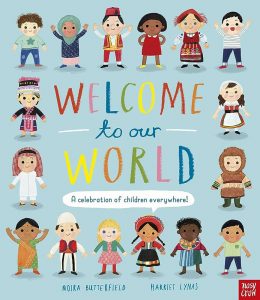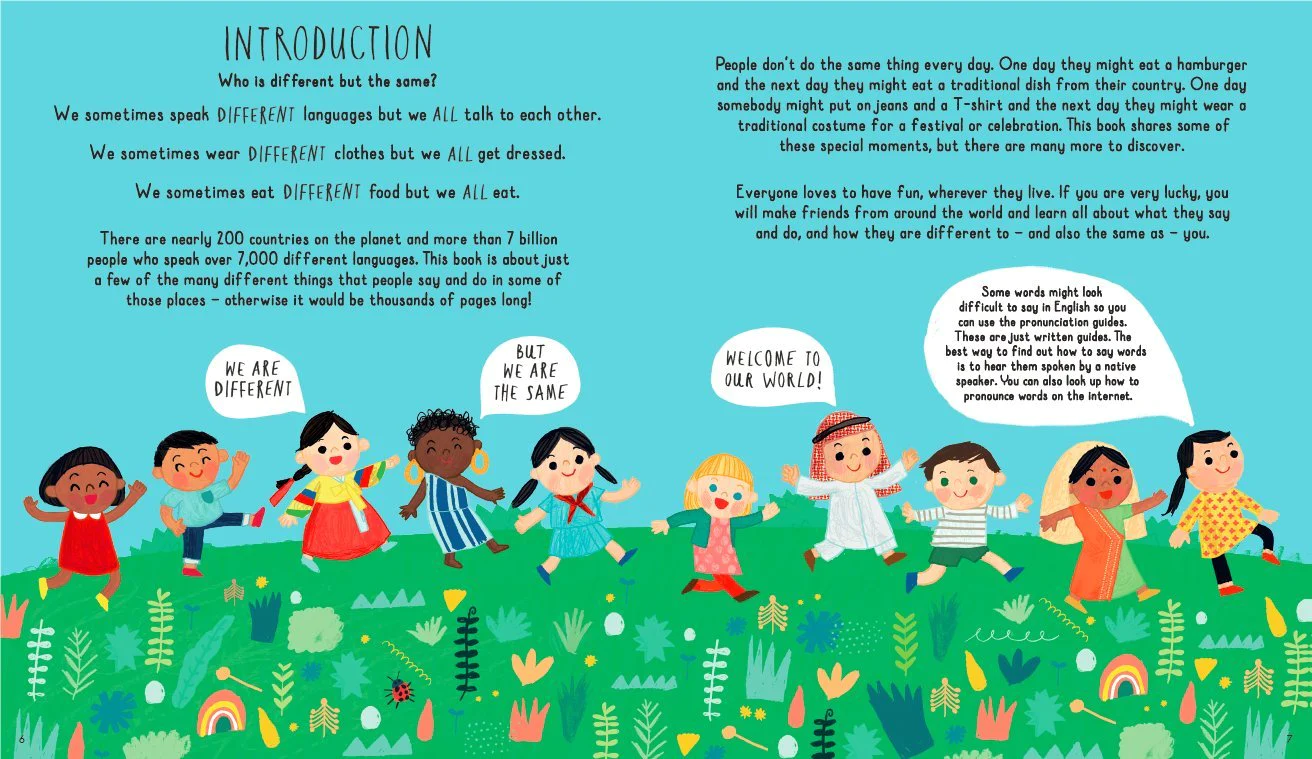Modern Foreign Languages
Intent – Why Languages?
Throughout Key Stages, 2, 3 and 4 learners have the opportunity to engage in the learning of other languages and cultures. Language learning enables our learners to develop a greater understanding and perspective of the world around them. Through exposure to other languages and cultures, learners can build their confidence in being able to speak and understand a language other than English.
National curriculum in England: languages programmes of study
“Learning a foreign language is a liberation from insularity and provides an opening to other cultures. A high-quality languages education should foster pupils’ curiosity and deepen their understanding of the world.” [DfE September 2013]
At Westhaven School we firmly believe that all learners should have the opportunity to study languages. Through languages learners are able to make cross-curricular links from food, art, music, sport, geography and history. Modern languages help learners of all ages, abilities and backgrounds to understand their world and their place in it.
Our Modern Languages curriculum at Westhaven School follows the core aims of the Modern Languages National Curriculum. Through our bespoke curriculum design we aim to ensure that all learners:
- understand and respond to spoken and written language from a variety of authentic sources
- speak with increasing confidence, fluency and spontaneity, finding ways of communicating what they want to say, including through discussion and asking questions, and continually improving the accuracy of their pronunciation and intonation
- can write at varying length, for different purposes and audiences, using the variety of grammatical structures that they have learnt
- discover and develop an appreciation of a range of writing in the language studied
[DfE September 2013] Further information about the National Curriculum for Modern Foreign Languages can be found here: https://www.gov.uk/government/publications/national-curriculum-in-england-languages-progammes-of-study/national-curriculum-in-england-languages-progammes-of-study#key-stage-3-modern-foreign-language
| Intent | Implementation |
Safely Independent | Develop independence and research skills – IT skills, checking vocabulary in vocab booklets when stuck. |
| Asking questions – asking for help, clarification, and more information. ‘In French/Spanish, why is…?’ Speaking and Listening skills are prioritized right from KS2. | |
Respectful Citizen | Exposure to cultures and customs from other countries around the world. |
Inquisitive Thinker | Asking questions – asking for help, clarification, more information. ‘In French/Spanish, why is…?’ Speaking and Listening skills are prioritized right from KS2. |
Resilient Learners | Being accepting of making mistakes and persevering and trying again with the unfamiliar. |
Implementation – MFL at Westhaven
From September 2023 learners at Westhaven will study Spanish across all Key Stages.
Key Stage 2
In Key Stage 2 learners study MFL for 15 minutes once a week. Sessions are focussed on practical application with lots of opportunities for speaking, listening and recall. Learners use lots of visuals, symbols and vocabulary mats to support their working memory and use lots of games to reinforce learning. The curriculum in Key Stage 2 combines practical learning and application of the foreign language, whilst embedding understanding Central and South American cultures as well as contextualising global culture and diversity.
Key Stage 3
In Key Stage 3 learners have 30 minute lessons weekly across the year. MFL lessons alternate with Drama. The curriculum in Key Stage 3 follows Bruner’s Spiral Curriculum, revisiting and building upon vocabulary and grammatical structures from Key Stage 2 – building in complexity, widening vocabulary, giving opinions and looking at new topics. Key Stage 3 MFL also prepares learners for continuing language learning into Key Stage 4, building familiarity with the vocabulary and grammatical structures needed for qualifications.
Learners build skills in the four core areas of foreign language learning – speaking, listening, reading and writing.
To support vocabulary building and retention, learners use online learning platform Linguascope, to develop their vocabulary skills in a fun and interactive way. Linguascope: https://www.linguascope.com/
Cultural sessions are built into the timetable through the cyclical 3 year curriculum, enabling learners to contextualise their vocabulary learning in relation to different Spanish speaking cultures across the world.
Key Stage 4
In Key Stage 4 learners complete 2 hour weekly lessons with a secondary trainer MFL specialist over 2 years. learners work towards completing the Foundation Certificate in Secondary Education (Spanish) by the AQA exam board. The course builds on the vocabulary and structures from Key Stage 3.
Learners study three core topics (approximately three terms per topic over Year 10 and Year 11):
- Myself, Family and Friends
- Food and Drink
- Leisure and Free time activities
At Key Stage 4, learners are expected to be able to recognise more complicated vocabulary and sentence structures. Learners also have the option to complete the Short Course FCSE (reading and writing OR speaking and listening) or the Full Course FCSE (reading, writing, speaking and listening) depending on their strengths and needs.
Further information about the FCSE qualification can be found here: https://www.aqa.org.uk/subjects/languages/fcse/spanish-8998
At the end of Year 11, when the FCSE is completed, learners complete a Unit Award by AQA on Cultural Awareness. Learners will look at Spanish speaking countries around the world, study the geography of Spain, look at Spanish foods, music, art and sports.
Details of the Unit Award Scheme in Cultural Awareness can be found here : https://www.aqa.org.uk/programmes/unit-award-scheme/unit-details?unit=CE4948
At the end of Year 11, learners will be awarded the FCSE (Spanish) and the Unit Award in Cultural Awareness.
Extra Curricular
To support language learning in cultural contexts, we encourage learners to access language and culture in the community. Previous cultural experiences include, visiting local restaurants with Central and South American or Spanish food to sample local delicacies, a visit from a native patisserie chef who supported learners in making pastries and sweet treats, visits from native speaking to talk about their culture and home country, and film screenings of popular films in the foreign language (including English subtitles).
Impact – MFL Uptake
How we feel about MFL at Westhaven
Learner feedback:
“It’s fun”
“I like learning about different places!”
“We get to try different types of food”
“Learning Spanish is fun!”
Since changing from French to Spanish across the school in 2023, uptake for MFL is approximately 25% of the cohort at Key Stage 4. learners in Key Stage 4 historically also have a 100% of the FCSE course. The flexibility of internal assessments makes the course accessible for all learners and abilities.
Exam Results:
- Year 11 Summer 2023 – first group to complete the course over 2 years.
- Summer 2021 – 1 distinction, 1 merit , 2 pass.
- Summer 2022 – 1 short course pass, 1 full course merit, 1 full course distinction + GCSE Grade 5.
- Summer 2023 – I short course pass, 1 full course pass.
- Summer 2024 – 5 students – pass/merit full course (predicted).





